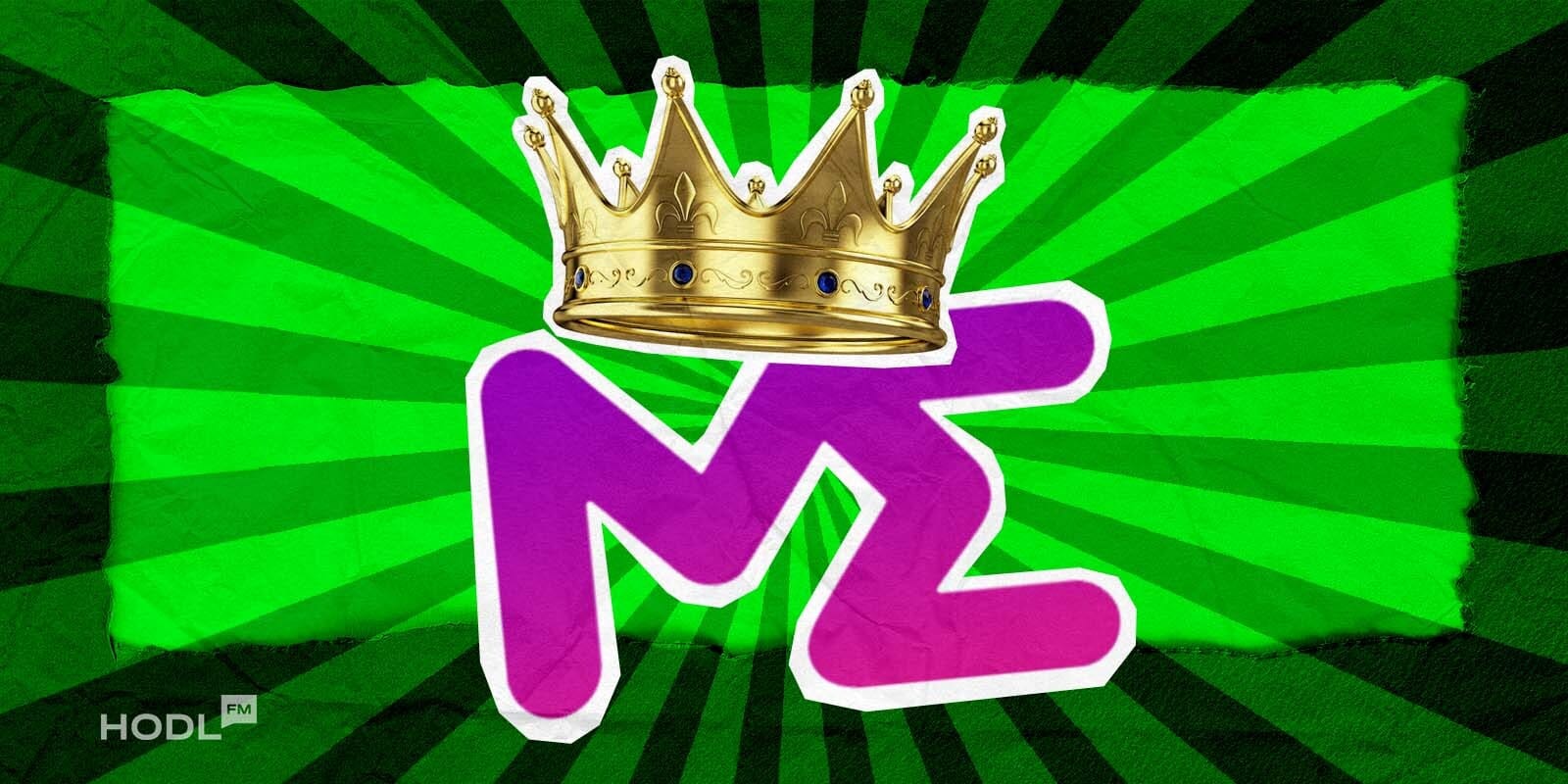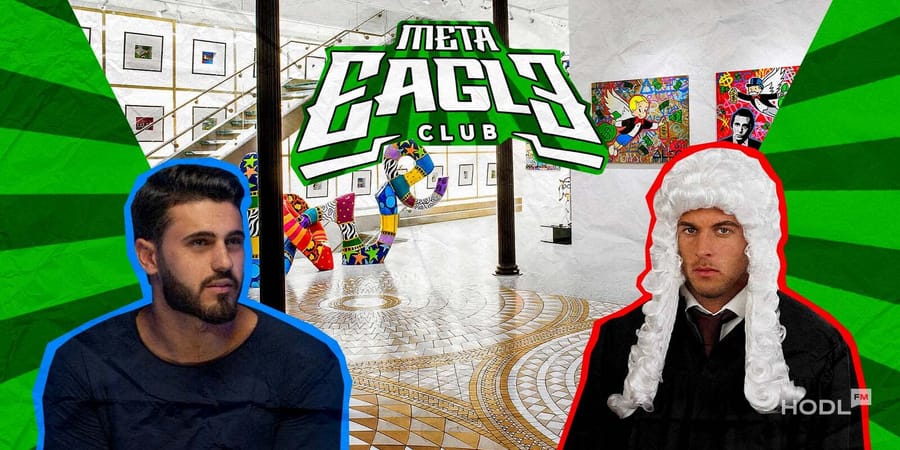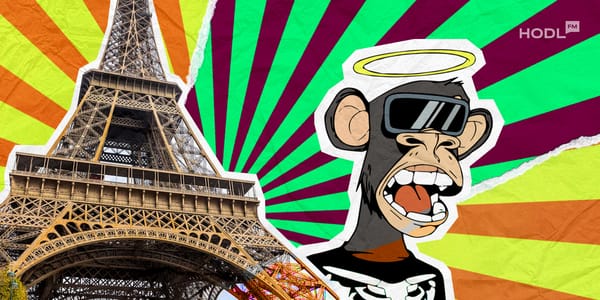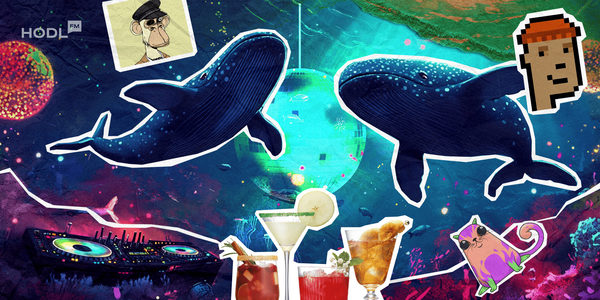Investment in anything is a two-way thing. The investing party commits its resources to the other party, which makes specific promises concerning the investment contract. It’s as simple as that, but trouble comes when the promising party fails to deliver on their promise, and unfortunately for Eden Gallery, this trouble has come for them.
On Wednesday, 9 October, a group of 36 people sued an art gallery and an artist related to a non-fungible token (NFT) project for failing to deliver on their promise of a metaverse-based private club, among other perks promised to them.
36 NFT collectors from Meta Eagle Club are suing the gallery and artist behind the project, accusing them of failing to deliver promised metaverse-based private clubs and other benefits. The lawsuit, filed in a New York federal court, claims the project was a “rug pull.” #NFTs…
— Dehua (@DehuaFi) October 11, 2024
The complainants, all 36 of whom are holders of the particular NFT, claimed that the entire project created by Eden Gallery and an artist named Gal Yosef was a “rug pull” scam.
Since going on the market, Eden Gallery’s NFT collection, “Meta Eagle Club,” has sold 12,000 unique pieces, and the project made over $13 million between February 2022 and November 2023.
❗️ NFT holders are suing Eden Gallery and artist Gal Yosef, accusing them of a 'rug pull' for failing to deliver promised metaverse perks and lacking blockchain expertise.
— Block Insider (@BlockInsider_) October 11, 2024
The Meta Eagle Club, featuring 12,000 unique NFTs, raised $13 million between February 2022 and November…
Despite these massive gains, the 36-person group claimed that neither Eden Gallery nor Yosef had done anything substantial to develop the Meta Eagle Club they were promised.
This EPIC meta eagle club NFT drop was snagged in seconds from our marketplace!
— Meta Eagle Club - GalyVerse (@galyverse) November 20, 2022
Which one did you get & which one is your favorite? #NFT #marketplace #Galypoints #Galyverse #MEC pic.twitter.com/912ZfDpMx5
They did not stop there; the lawsuit showed that the complainants also claimed that the team behind the project knew nothing about developing this blockchain project. In their words, the team behind the Meta Eagle Project had no “experience or expertise related to blockchain and smart contract development and engineering, and in fact, did not have any experience related to software development or engineering at all.”
Read also: What are dynamic NFTs?
The team had released several notices listing a bunch of perks the Meta Eagle Club holders would receive. The first was a free entry into the Meta Eagle Club. The project's roadmap also stated that the holders could enter raffles to win tickets to Eden Gallery events, including hot air balloon rides, flights on private jets, helicopter experiences, access to executive collectible artworks, and more.
According to the suing group, Eden Gallery only provided “a handful of tickets to the experiences promoted extensively in their statements,” two Galyverse events, and 11 pieces of physical artwork signed by Gal Yosef.
The filed complaint also revealed that a vote was cast on the Eden Gallery's Discord server to reallocate the budget of the remaining items from the project’s roadmap from their intended use into what they called “alternative uses." This move was blamed on the market downturn.
Gal Yosef also faced allegations of his own. The group alleged that Yosef and the gallery promised to release new art for the project’s online world, "Galyverse." This was supposed to increase investment in the project and allow the existing members to receive digital assets as dividends.
The 36-group man stated that all this “materially false information” motivated investors to invest in the project, which “had no value." They have now accused Eden Gallery and Gal Yosef of common fraud, unjust enrichment, and violating New York General Business Law. The group is seeking damages, with the amount to be determined by the court.

Disclaimer: All materials on this site are for informational purposes only. None of the material should be interpreted as investment advice. Please note that despite the nature of much of the material created and hosted on this website, HODL FM is not a financial reference resource and the opinions of authors and other contributors are their own and should not be taken as financial advice. If you require advice of this sort, HODL FM strongly recommends contacting a qualified industry professional.





